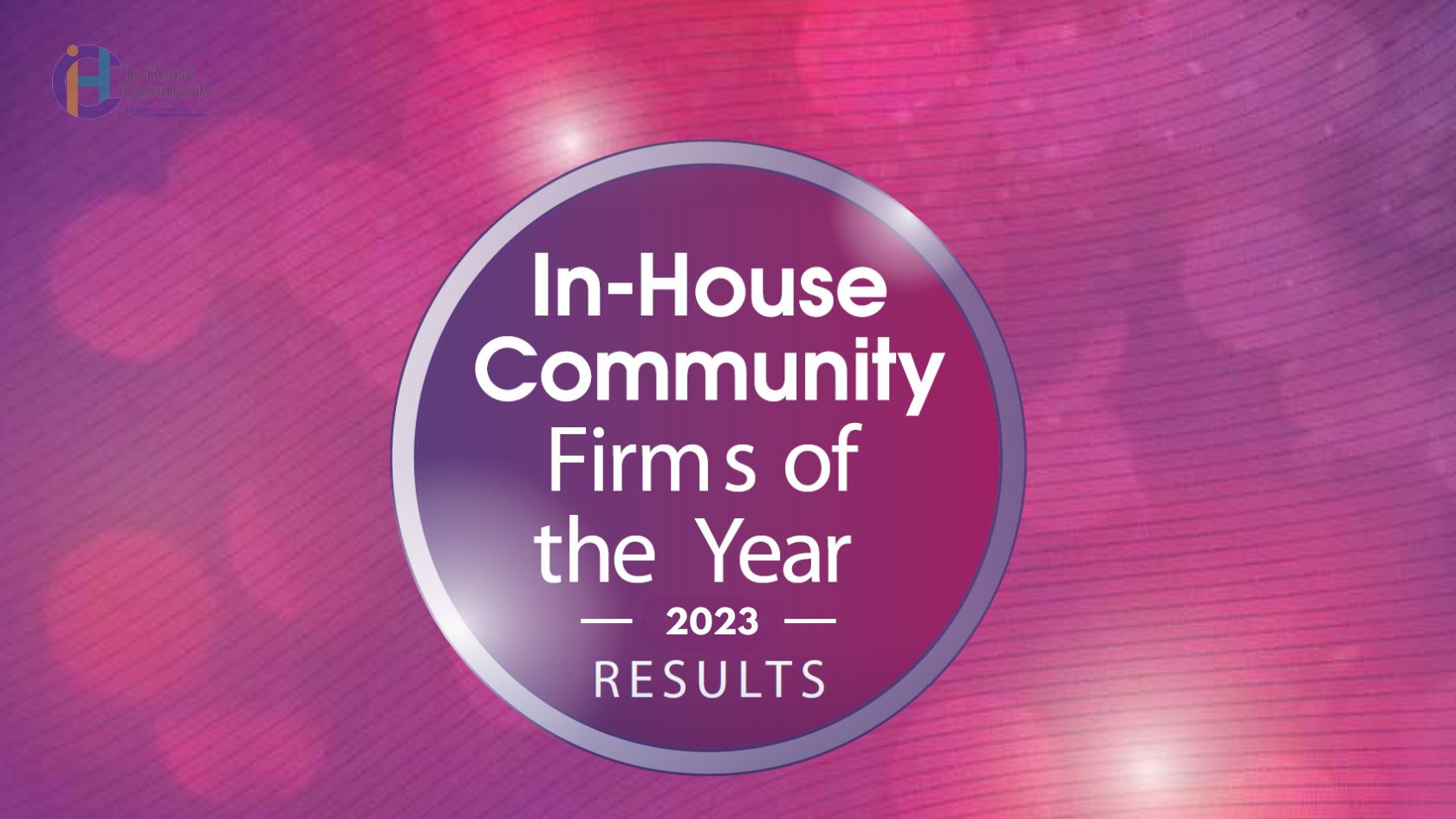Sitting in the legal driver’s seat at a renowned MNC in India has its rewards. However, as Shahana Basu Kanodia, Chief Legal Officer/Global General Counsel of Apollo Tyres Limited explains, one of the biggest challenges can be integrating the legal function between different offices in Asia, Europe and Africa to provide timely, consistent and pragmatic legal advice to business divisions in different time zones. Here she tells us more about her role.
ASIAN-MENA COUNSEL: How did your career lead you to your current role with Apollo Tyres?
Shahana Basu Kanodia: I came into law rather late as I spent many years in academia before I started law school. I always thought I wanted to teach and it was with this in mind that I graduated with a BA (First Class Honors) in History from Delhi University and a Tripos in Social & Political Sciences with First Class Honors from Trinity College, Cambridge University. It was while I was doing my PhD in sociology at the University of Chicago, that I became interested in how social norms evolve into laws and attended several law school courses at the University of Chicago Law School. My professors at the University of Chicago encouraged me to apply to law school and I ended up undertaking a JD from Yale Law School.
After law school, I practiced with several global law firms Sullivan & Cromwell in New York City and Linklaters in London being amongst them. I later became a partner with Edwards, Angel, Palmer & Dodge in Boston and Chair of the firm’s South Asia Practice. I advised MNCs and Indian companies globally and always enjoyed being close to the business. As a corporate and M&A transactional lawyer involved in cross border deals, I acquired deep knowledge of different industries.
Several of my clients had approached me to go in-house but I was quite content with my entrepreneurial law firm role in chairing the South Asia Practice. I was leading complex cross border transactions and speaking at conferences and writing legal articles on joint ventures and corporate governance issues.
When I was approached by Apollo Tyres (Apollo) to be their Chief Legal Officer/Global General Counsel, I was extremely impressed by the senior management team and felt in sync with their values and deep commitment to their stakeholders. I was intrigued by going in-house as I wanted to play a more active decision making and implementation role rather than just a pure advisory role. The prospect of working with Apollo which is an Indian MNC, headquartered in Gurgaon, India, was also very exciting as I had lived outside India for over 20 years. This move gave me the opportunity to lead a global team from India.
Apollo has been in the business of manufacturing and selling tyres for over three decades and it is shored up by a large workforce. It is the world’s 15th largest tyre manufacturer.
In 2006, the company acquired Dunlop Tyres International of South Africa and in 2009, it acquired Vredestein Banden NV in the Netherlands. The company now has manufacturing units in India, South Africa, Zimbabwe and the Netherlands. It is angling to become the 10th largest tyre manufacturer in the world.
Apollo trades on the National, Mumbai and Kochi Stock Exchanges. Powered by its three key brands – Apollo, Dunlop (in Africa) and Vredestein, it has a strong footprint in Asia, Africa and Europe, and exports passenger car tyres and truck and bus tyres to over 118 countries.
AMC: What is the nature and scope of your role?
SBK: As the Chief Legal Officer, I oversee all of the legal function of the group, which includes corporate, litigation and intellectual property matters across diverse geographies. I create the framework for identifying, assessing, quantifying and mitigating the legal and regulatory risk for the company and also provide strategic advice to the Chief Executive, Board and Senior Management.
The work at Apollo is varied and diverse. The company is highly ambitious and focussed in terms of its growth targets. Strategically, it has sought to grow organically as well as inorganically. Apollo acquired Dunlop Tyres International in South Africa in 2006 and acquired Vredestein Banden NV in the Netherlands in 2009. The company constantly looks to expand into new markets and build greenfield facilities in different parts of the world. Because of this, there has been plenty of opportunity for me and my team to evaluate acquisition targets and raise capital, in addition to handling the large trademark portfolio and overseeing the large number of material contracts and litigation. Another interesting aspect of my job is creating, reviewing, assessing and implementing the internal and external policies of the company.
 AMC: Can you describe some of your biggest challenges/obstacles since you joined Apollo Tyres and how you overcame them? SBK: One of the biggest challenges I faced when starting at Apollo was that I was new to the tyre industry. Although I had prior experience working with automobile manufacturers and auto component makers, I did not have any experience in working in the tyre industry. Fortunately, my Chairman, Mr Onkar Singh Kanwar and Vice Chairman & Managing Director, Mr Neeraj Kanwar, encouraged me to visit all the plants in India and the operating entities in South Africa and Netherlands to meet with the senior management and to understand the tyre business. The company provided me with the resources to build a robust legal team globally. The senior management team at Apollo is very seasoned and stable with decades of experience in the tyre industry. The senior executives were all very generous with their time and experience in helping me understand the business challenges faced by the industry. As a woman in the very “male” auto industry and especially as the only woman Chief in the company, I was a bit apprehensive of how I would be treated. Luckily for me, my colleagues are extremely professional and personable and warmly welcomed me into the Apollo family. Another challenge which was also a great opportunity for me personally, was to integrate the legal functions across our operating entities and to create efficiencies in delivering legal services in a timely and cost effective manner to our different offices. One such example is that of our trademarks portfolio which is vast and maintaining and defending these trademarks globally requires coordinating with the product managers and business heads in Asia, Europe and Africa. Consolidating this portfolio and creating systems and processes to opine on trademark issues required a lot of focussed effort by our team to understand the needs of the product managers and which geographies they wanted to expand into in what time frame. Another example is that our business teams are generally interested in closing a transaction quickly. My legal team is trained to look at issues and potential problems from a preemptive perspective and provide solutions to minimise and/or mitigate the risks. In order to provide for timely and detailed review of contracts, I got my team to create standard templates across geographies for routine contracts which addressed all our concerns from a legal standpoint. The legal team also standardised contracts across the company’s various divisions and this made it possible for the legal team to quickly identify the business concerns and mark up contracts. AMC: What is the nature of the relationship between Apollo Tyres’ in-house function and the business? AMC: In your opinion, what are the main challenges in managing relationships with external counsel? Secondly, most outside counsel are interested in big ticket deals – the M&A work or capital market transactions specifically – as these generate the maximum revenue for them. They are less interested in general advisory work as these clock up fewer hours, so it is hard to get the attention of senior partners for this type of work in a cost effective manner. If you are assisted by junior lawyers at law firms, then often they do not have the experience or the judgment to give the best solution-oriented advice. Hence they have to keep seeking the guidance and getting sign offs from the senior partners, which triples the cost to the client. At Apollo, we have a robust in-house legal team that handles all matters internally in order to cut costs for the company. For certain matters, we work with a panel of external counsel to guide us on different issues – this way we can work with sophisticated boutique firms as well as large full service firms. AMC: What is the hardest part of being Chief Legal Officer? |
IN-HOUSE OPINION: If you are an in-house counsel and you have a comment or an opinion you’d like to share either on this article or its subject matter, contact us at: inhouse@inhousecommunity.com with the article title in the subject line, stating clearly if you wish your comments to remain ‘Private’ or ‘Anonymous’.



















